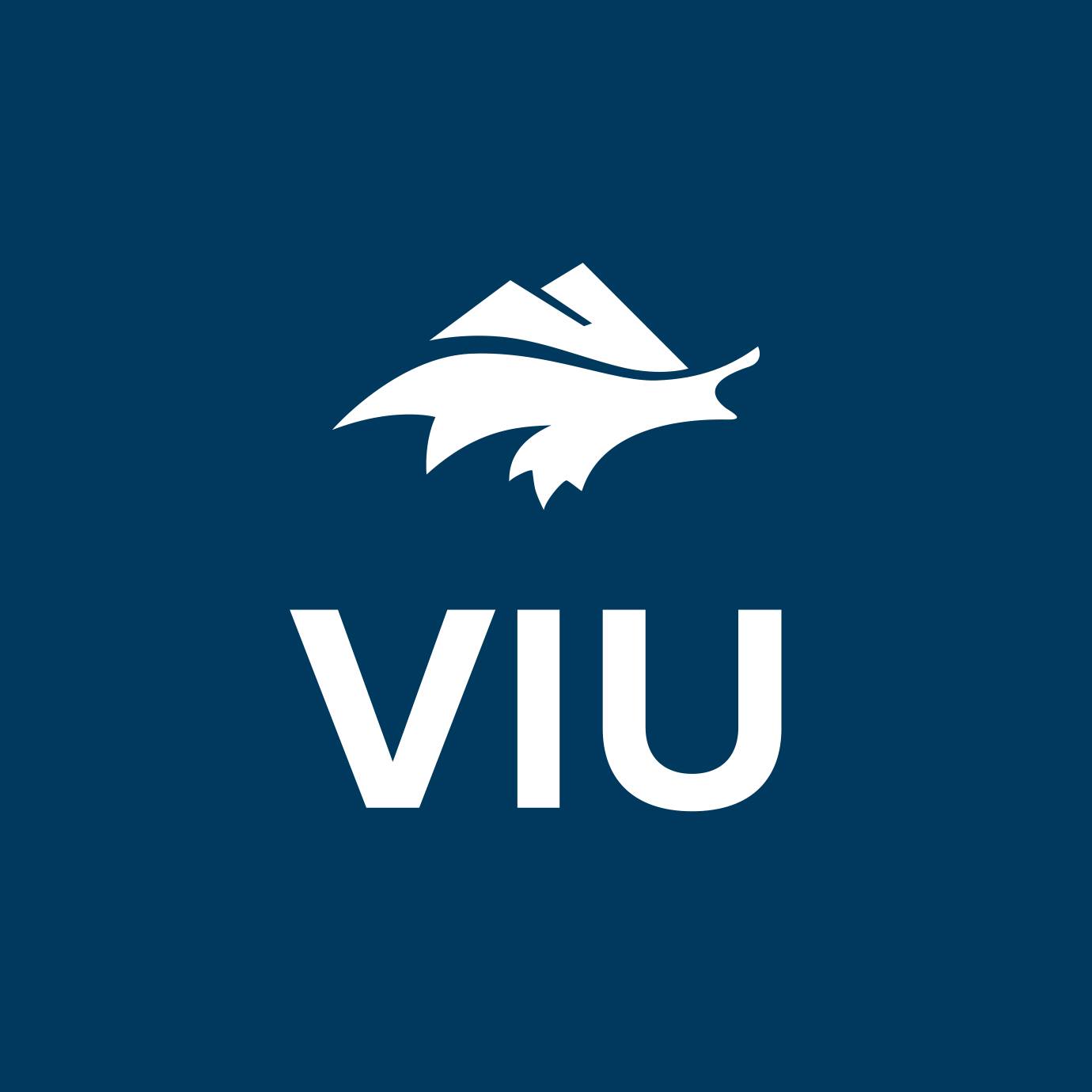Are you curious about the complexities of business and how economics shapes the world around us? A Bachelor of Arts degree in Economics at VIU starts with a theoretical groundwork and transitions into a practical analysis of real-world and current policy issues from an economic perspective.
Graduates with a Bachelor of Economics go on to pursue rewarding careers as economists, financial planners, data analysts, chartered accountants and more, working in government agencies and private sectors.
Economics touches every aspect of our lives – from decisions we make as individuals and in our families, to decisions made in the public and business sectors. Economists understand how choices make an impact and can contribute to making better choices.
The Economics (BA) Program
- Economics has been defined as the study of the way in which human beings, separately and collectively, satisfy their limitless wants with limited resources. Its methods of analysis straddle Arts and Science, theory and policy, and provide a fascinating mechanism for interpreting human behaviour.
- Economic issues are concerned with many different areas of our lives, from government policies to the environment to the prices of everyday items we buy daily. In the process of studying economics, students will learn mathematics, communication, reasoning, and computer skills. Such skills will become valuable assets in any area of future employment.
- On a global scale, economics also has a lot to say about the human condition. Economics is the only discipline in the broad areas of Social Sciences and Business that is awarded the Nobel Prize. One of the identifying features of economics is the efficient use of resources, leading to improvements in the living standards of ordinary people around the world.
- While theoretical models provide the basis for the study of economics, the Major and Minor in Economics will focus on the application of theory to current policy issues within the domestic and international environments. Upon completion, students will possess a sound base of knowledge and skills essential to the understanding of the changes occurring in Canadian and world economies. Employment for graduates may be found in areas of public administration at all levels of government, governmental and non-governmental organizations, in export and import related businesses, and in the expanding area of financial services, both domestically and internationally.
Requirements for a Major
Students must fulfill all the Institutional B.A. degree requirements, including Degree English Requirements and courses listed below:
- Years 1 and 2: Students are required to complete 12 credits of Economics, Mathematics, and Calculus courses along with 6 credits of English. Recommended elective credits include 1st and 2nd year Economics, Management, Math and Social Science courses.
Years 1 and 2 Credits
Required courses:
- ECON 211 - (Principles of Microeconomic Theory) 3
- ECON 212 - (Principles of Macroeconomic Theory) 3
Math options:
- MATH 161 - (Introduction to Statistics for Social Sciences) or
- MATH 181 - (Introduction to Statistics) or
- MATH 211 - Statistics I) or
- QUME 232 - (Business Statistics I) 3 or 4
Calculus options:
- MATH 191 - (Calculus with Economic and Business Applications I) or
- MATH 121 - (Calculus I) or
- MATH 100 - (Calculus for Engineering and Physical Sciences I) 3 or 4
Years 3 and 4: Students are required to complete 18 credits of core ECON courses along with 12 credits of upper-level ECON electives.
Years 3 and 4 Credits
Required courses:
- ECON 305 - (Money, Banking and Financial Institutions) 3
- ECON 311 - (Intermediate Microeconomic Theory) 3
- ECON 312 - (Intermediate Macroeconomic Theory) 3
- ECON 485 - (Special Topics in Microeconomic Analysis) 3
- ECON 486 - (Special Topics in Macroeconomic Analysis) 3
- QUME 436 - (Econometrics) 3
Upper-level Economics electives:
Select four upper-level Economics courses from:
- ECON 306 - (International Trade)
- ECON 320 - (Economic Development)
- ECON 323 - (Economies in Transition)
- ECON 330 - (Environmental Economics)
- ECON 340 - (Government Spending and Taxation)
- ECON 360 - (The Transnational Corporation)
- ECON 370 - (Regional Economic Analysis)
- FNCE 423 - (International Finance)
